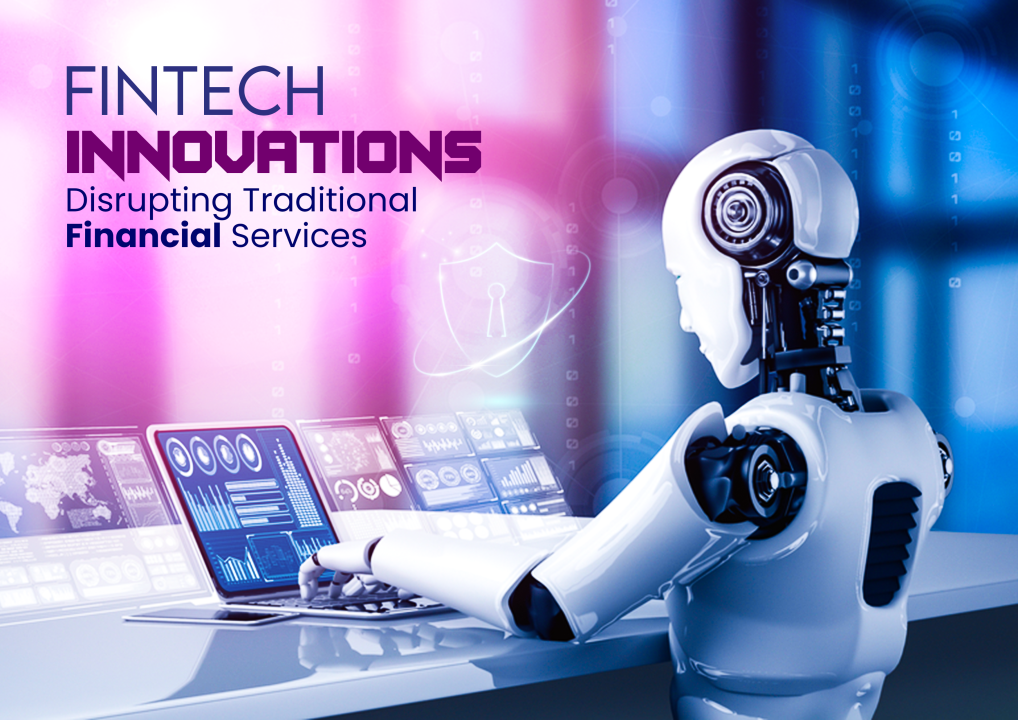As we embark on 2025, the health and wellness sector is experiencing a remarkable transformation driven by innovative technologies that enhance care quality and empower individuals. One of the most impactful advancements is telehealth services, which allow patients to access medical consultations from the comfort of their homes. This evolution not only increases convenience but also makes healthcare more accessible, particularly for those in remote areas, thus improving patient satisfaction and engagement.
Telehealth: Making Healthcare Accessible and Convenient
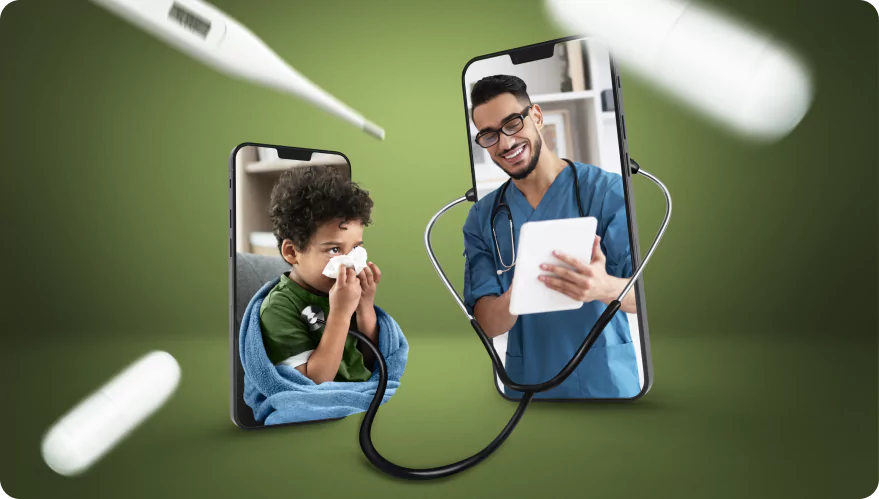
The rise of wearable health devices, such as smartwatches and fitness trackers, is fundamentally changing how we monitor our health. These sophisticated gadgets provide real-time tracking of vital signs, physical activity, and sleep patterns, allowing users to gain valuable insights into their health and lifestyle. By encouraging proactive health management, these devices enable individuals to make informed decisions that lead to healthier lives.
Wearable Health Devices: Empowering Proactive Health Management
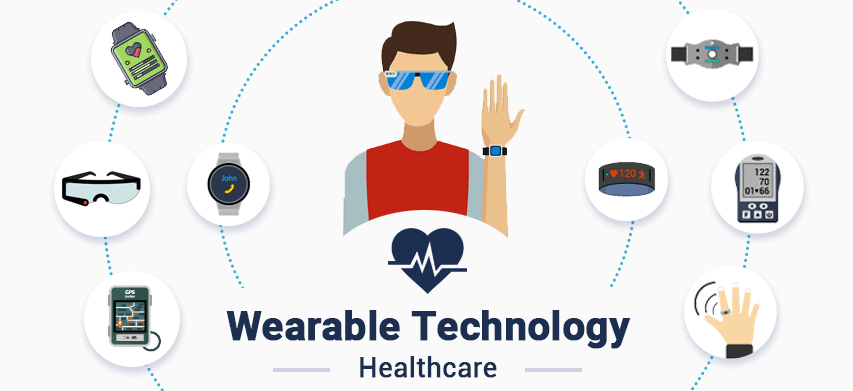
In the realm of data analytics, artificial intelligence (AI) is paving the way for a new era of personalized healthcare. AI algorithms analyze vast amounts of health data to identify potential risks and suggest tailored interventions. This ability to customize care based on individual medical histories and lifestyles significantly enhances healthcare delivery and patient outcomes.
AI-Powered Analytics: Personalized Healthcare for Better Outcomes

Another significant trend is the emergence of digital therapeutics, which offer software-based interventions designed to prevent, manage, or treat various medical conditions. These evidence-based programs provide personalized treatment plans that can be used alongside traditional therapies, showcasing their effectiveness in managing chronic conditions such as diabetes and hypertension.
Digital Therapeutics: Software-Based Solutions for Chronic Disease Management
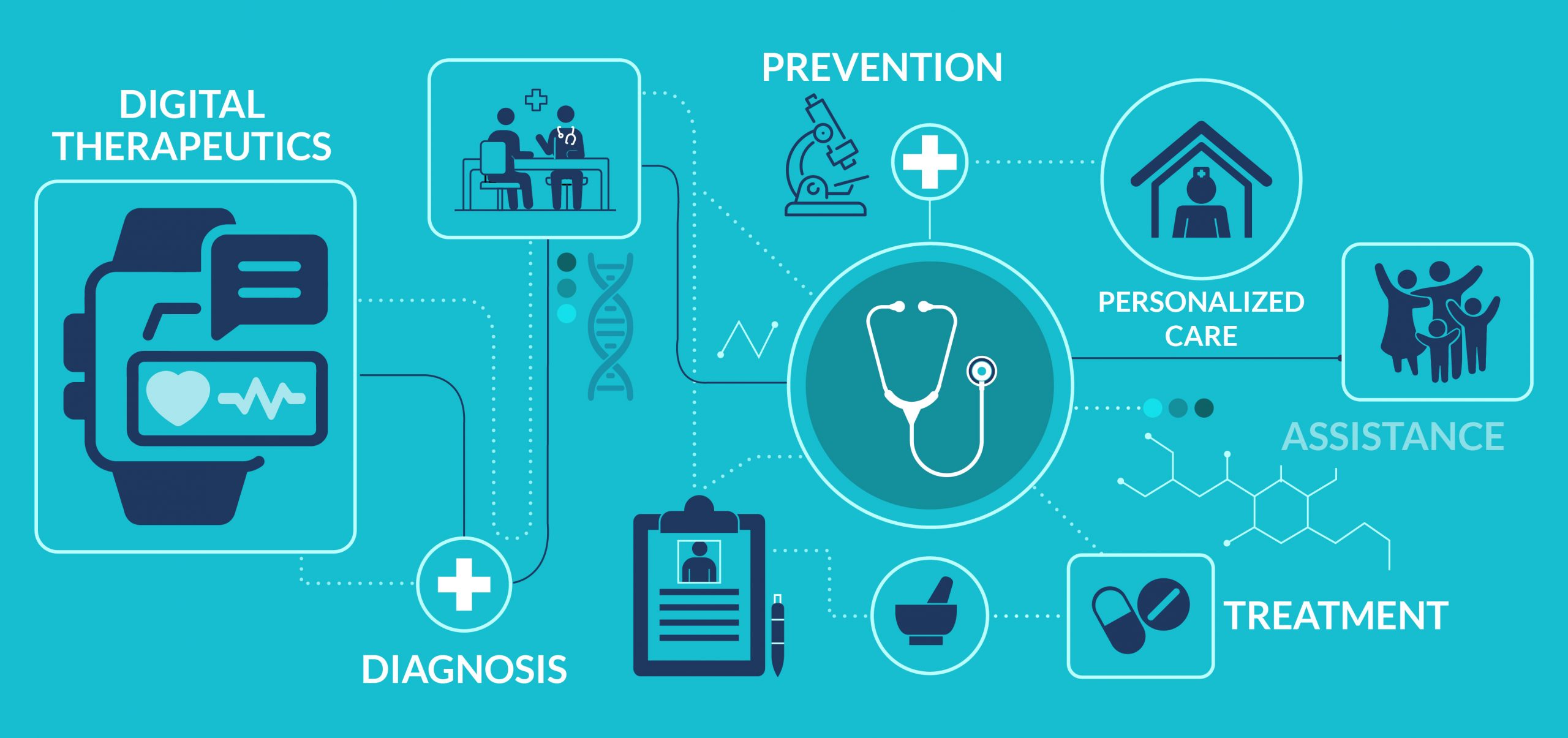
Remote patient monitoring (RPM) technologies are revolutionizing patient care by enabling continuous health data collection outside of traditional clinical settings. This innovative approach allows healthcare providers to monitor patients in real-time, facilitating timely interventions and reducing the likelihood of hospital readmissions. RPM is proving to be a game-changer in delivering efficient healthcare.
Remote Patient Monitoring (RPM): Revolutionizing Continuous Care
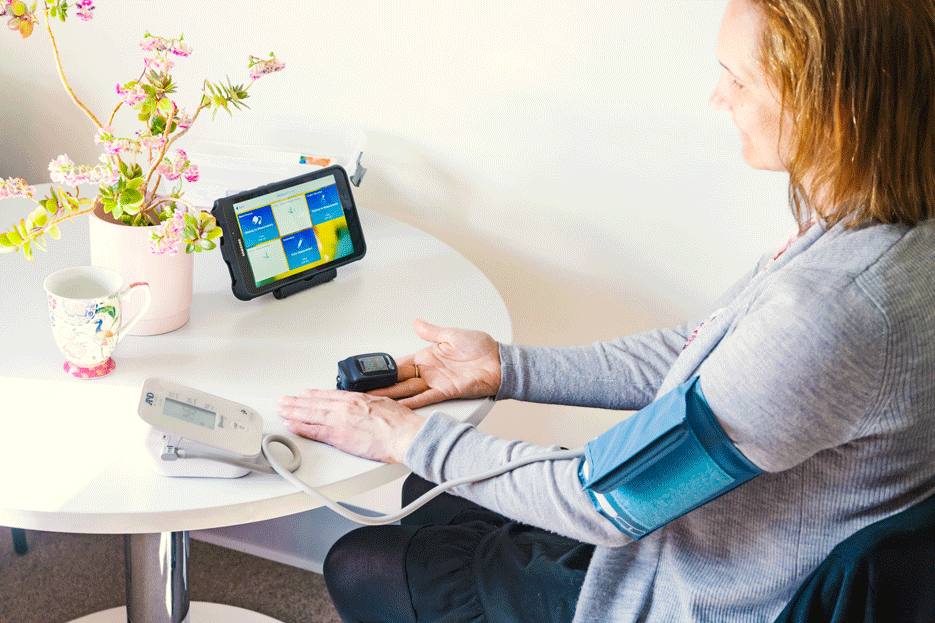
Mental wellness is also gaining traction through the proliferation of health and wellness apps. Platforms like Headspace and Calm offer guided meditations and cognitive-behavioral therapy (CBT) tools, empowering individuals to take charge of their mental health. This focus on mental well-being reflects a holistic approach to health that recognizes the importance of emotional and psychological factors.
Mental Wellness Apps: Promoting Emotional and Psychological Health

The integration of genomic health technologies is further revolutionizing personalized medicine. By analyzing genetic data, healthcare providers can identify disease predispositions and develop tailored prevention strategies. This personalized approach not only improves outcomes but also aligns with the growing trend of customized healthcare solutions.
Genomic Health Technologies: Unlocking Personalized Prevention and Treatment

Moreover, blockchain technology is enhancing the security and interoperability of electronic health records (EHR). By providing a secure and decentralized method for storing health information, blockchain ensures patient data is accessible only to authorized personnel. This technological advancement not only protects patient privacy but also streamlines data sharing between healthcare providers.
Blockchain Technology: Securing Health Data for Privacy and Efficiency
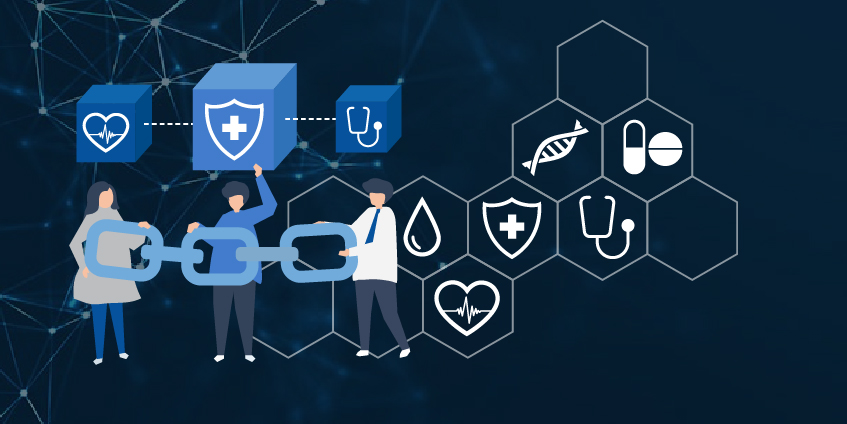
As we look to the future, the possibilities offered by health and wellness technologies are vast. From telehealth services and AI-powered analytics to wearable devices and digital therapeutics, these innovations are not just transforming patient care; they are empowering individuals to take control of their health journey. Embracing these cutting-edge technologies will pave the way for a healthier, more connected future for all.
The Future of Health and Wellness: A Connected, Healthier Tomorrow
The integration of these advanced technologies in healthcare is set to enhance patient experiences and outcomes dramatically. By focusing on innovation and patient empowerment, we can anticipate a future where health and wellness are accessible to everyone, regardless of their circumstances.




